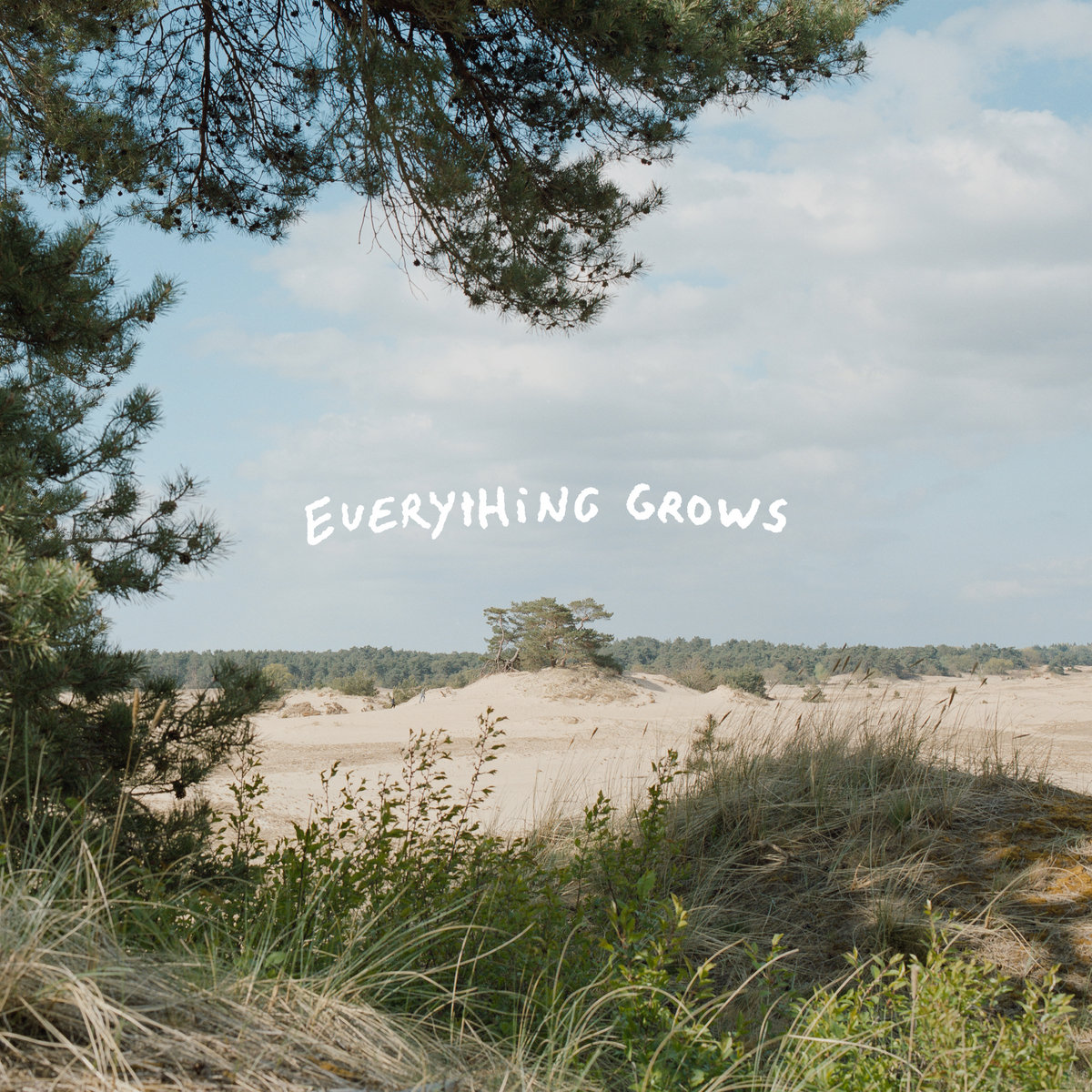Nagasaki Swim – Everything Grows | Album Review
/Excelsior Recordings
Is there a way to observe the passage of time that isn’t inherently sad? Nagasaki Swim, the Rotterdam-based project of songwriter Jasper Boogaard, sits with this question on their sophomore album Everything Grows. Guided by Boogaard’s ambitious yet steady hand, the new album leads Nagasaki Swim to powerful new heights, cementing their reputation as one of indie rock’s most promising new bands on either side of the Atlantic.
Everything Grows follows Nagasaki Swim’s dreamy 2021 release The Mirror, a record loaded with jams, showing a young band bursting with promise and energy. The band’s latest album features an all-star roster of collaborators; Molly Germer, who has worked with (and dated!) Alex G plays violin. Songs: Ohia veteran Mike Brenner, who has lent his talents to over 100 recordings in the music industry, also makes an appearance.
Nagasaki Swim’s sophomore record is a compact yet potent meditation on time and life transitions, and each song unpacks these themes in new ways. On the folky, country-inflected “American Dipper,” Boogaard sings “everyone wants the quickest way to love.” It is a beautiful and ludicrously infectious song. “Eternal,” the lead single from the album, is dreamy yet dynamic, a song that you reach for on a long drive, a song that makes you want to light out to the provinces.
These songs were followed by the more contemplative and downtempo “Window,” and the delicate interlude “Wait,” which is one of the most interesting pieces of music I have heard on an indie album in several years. It sounds like someone playing piano alone in a field, infused with nostalgia but gently resisting melancholy. Many of the tracks on this record are constructed to be steady and unwavering, providing a feeling of solidity against the album’s themes of uncertainty and transition. In “Wait,” the piano melody is allowed to stand on its own, unmoored from other instruments but not an isolated sonic texture. Despite the apparent loneliness, I take this piece of music more as a refuge of solitude and pleasant memories, an interesting departure from sad yearning typical of other music made about isolation.
The title song off Everything Grows immediately makes its case as one of indie rock’s great songs, balancing both depression and affirmation: “there is a fire in everyone,” Boogaard sings, before saying “leaving the old ways… doesn’t get easy.” With a comment on transience befitting Sufjan Stevens, the refrain becomes “everything goes, everything goes.” Much like “Wait,” the song closes the album with piano and birdsong, placing the listener out in the bewildering wild world.
This album got better and better the more I listened to it, and never lost its poignancy. As Townes Van Zandt said, time is a fast old train, she’s here and she’s gone and she won’t come again. To be human, perhaps, is to be troubled by time’s passage, to fret our hour upon the stage. How should we spend the brief moments we have on Earth? How to ensure that we waste the least amount of time? Should we quit our jobs, leave cities in droves, form anarchist communes in the Montana wilds? Everything Grows doesn’t answer this, exactly, but it suggests that time spent contemplating isn’t wasted.
When Everything Grows touches on melancholy, it refuses to be maudlin, gazing evenly at the great sadnesses and unknowns of being human. The album consistently explores these themes with sincerity and humility, it is tenderly melancholic and bittersweet: cough syrup encased in a hard sweet shell. We are left with the impression that perhaps the best way to watch time go is by fostering growth, moment by moment.
Elizabeth is a neuroscience researcher in Chicago. She writes about many things—art, the internet, apocalyptic thought, genetically modified mice—and makes electronic music in her spare time. She is from Northern Nevada. Find her on Twitter at @OneFeIISwoop.





